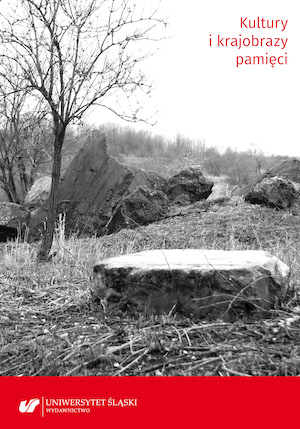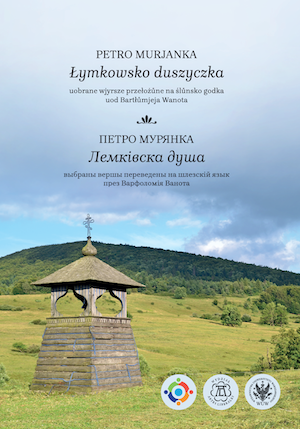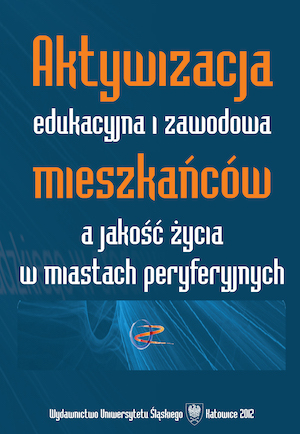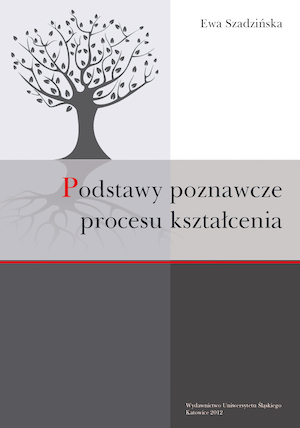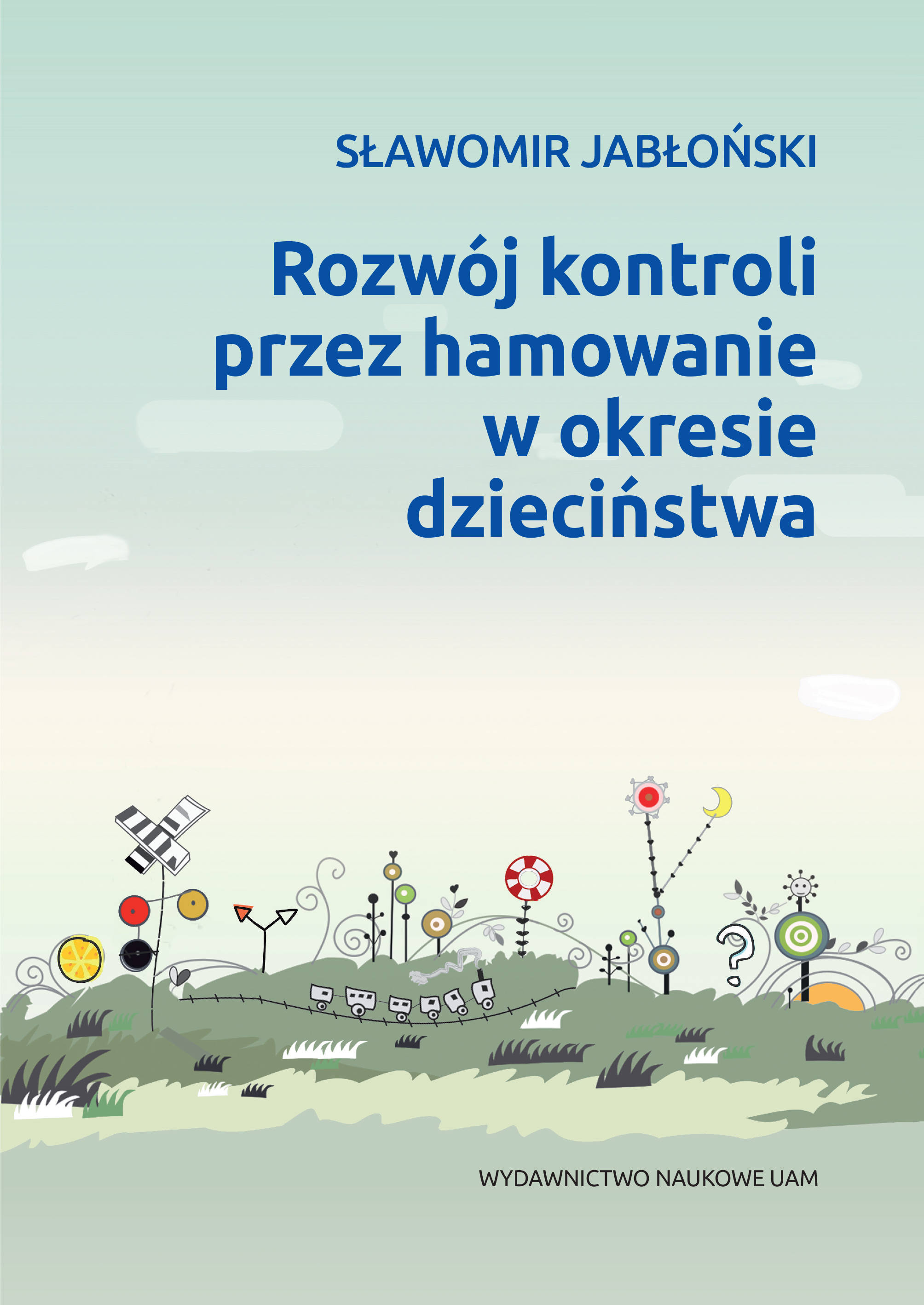Author(s): Małgorzata Sikorska / Language(s): Polish
Twórczy, intelektualny ferment i badawczy boom w polskiej familiologii ostatnich lat musiały w końcu zaowocować taką pracą. (...) Największą wartością książki jest zebrany przez Sikorską „materiał dowodowy”. To z niego pochodzą choćby nowe metafory (np. dziecko dyktator, dziecko bestyjka, dziecko maverick), które mają wszelkie szanse, by wejść do kanonu słów kluczy opisujących po nowemu proces socjalizacji. Co jednak istotniejsze od nowej metaforyki, w końcu ktoś opisał za pomocą przekonującego materiału badawczego opresyjność życia rodzinnego w Polsce i ciężką pracę emocjonalną, jaką się wykonuje w rodzinie (zarówno z perspektywy kobiet, jak i mężczyzn). Ktoś w końcu zaprezentował badawczą argumentację na rzecz tezy o rodzinie jako katastrofie dla życia prywatnego (…). W końcu ktoś opisuje postbadawczo to specyficzne napięcie, jakie rodzi się w głowach rodziców rozdartych między wiarą w umysł dziecka jako tabula rasa a wychowawczą bezsilnością. W końcu ktoś opisuje dzisiejsze rodzicielskie strategie nadopiekuńczości.Sikorska zderza to, co jest wyobrażeniem na temat norm w życiu rodzinnym i norm wychowawczych, z widocznymi jak na dłoni praktykami rodzicielskimi. To ewidentne nowe cegiełki dodane do gmachu wiedzy socjologicznej, a może i całej dziedziny nauk społecznych.Z recenzji prof. dr. hab. Tomasza Szlendaka Indywidualizacja jednostki powoduje, że rodzina zmienia swój kształt i staje się grupą negocjowalną, obieralną, zmultiplikowaną. (…) Obserwowane we współczesnych społeczeństwach epizodyczność i płynność, niestabilność oraz niepewność, denormalizacja ról społecznych czy szybkie tempo rozwoju nowych technologii, zwłaszcza technologii komunikacji medialnej, są wyzwaniem dla badaczy rzeczywistości. Zdaniem Sikorskiej, teorie praktyk oferują ramy metodologiczne dopasowane do analizowania współczesności.Z recenzji dr hab. Marioli Bieńko Podstawowym celem książki jest analiza i opis przemian socjologii rodziny jako subdyscypliny naukowej, rozwoju metodologii badania sfery życia rodzinnego, wreszcie przemian praktyk rodzinnych i rodzicielskich we współczesnej Polsce.W części empirycznej autorka przeanalizowała: sposoby konstruowania definicji rodziny; społeczne otoczenie rodzin; aspekty opresyjności życia rodzinnego; normatywne oczekiwania dotyczące matek, ojców i dzieci w zestawieniu z codziennymi doświadczeniami i praktykami; strategie rodzicielskie; rolę urządzeń elektronicznych używanych przez dzieci w kształtowaniu relacji rodzice–dzieci; zróżnicowanie obowiązków i ról matek i ojców. Małgorzata Sikorska, dr, pracuje w Instytucie Socjologii Uniwersytetu Warszawskiego. Zajmuje się przede wszystkim socjologią życia rodzinnego oraz przemianami współczesnego społeczeństwa polskiego. Jest autorką książki Nowa matka, nowy ojciec, nowe dziecko – o nowym układzie sił w polskich rodzinach (2009). Wspólnie z Anną Giza wydała podręcznik akademicki Współczesne społeczeństwo polskie (2012).
More...








